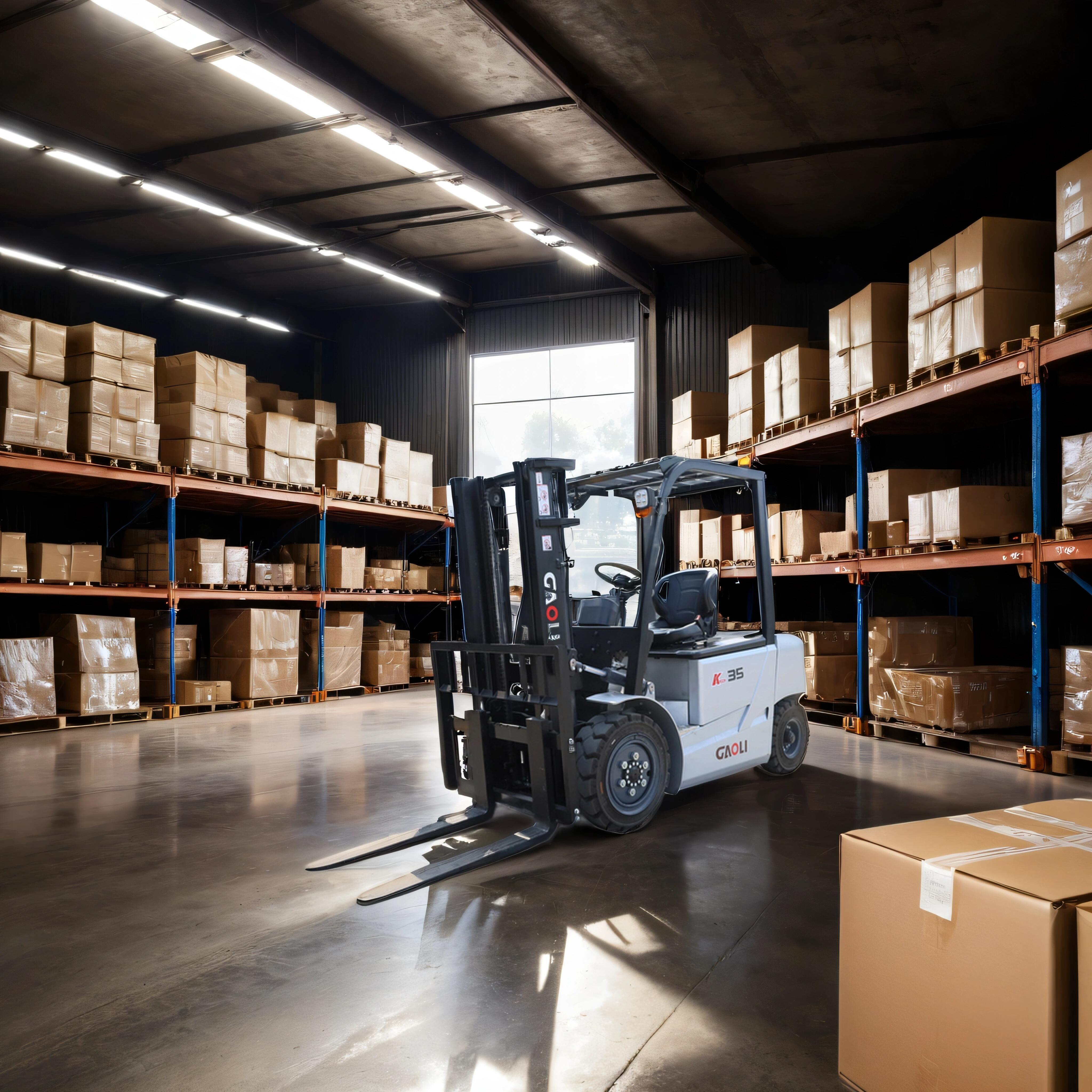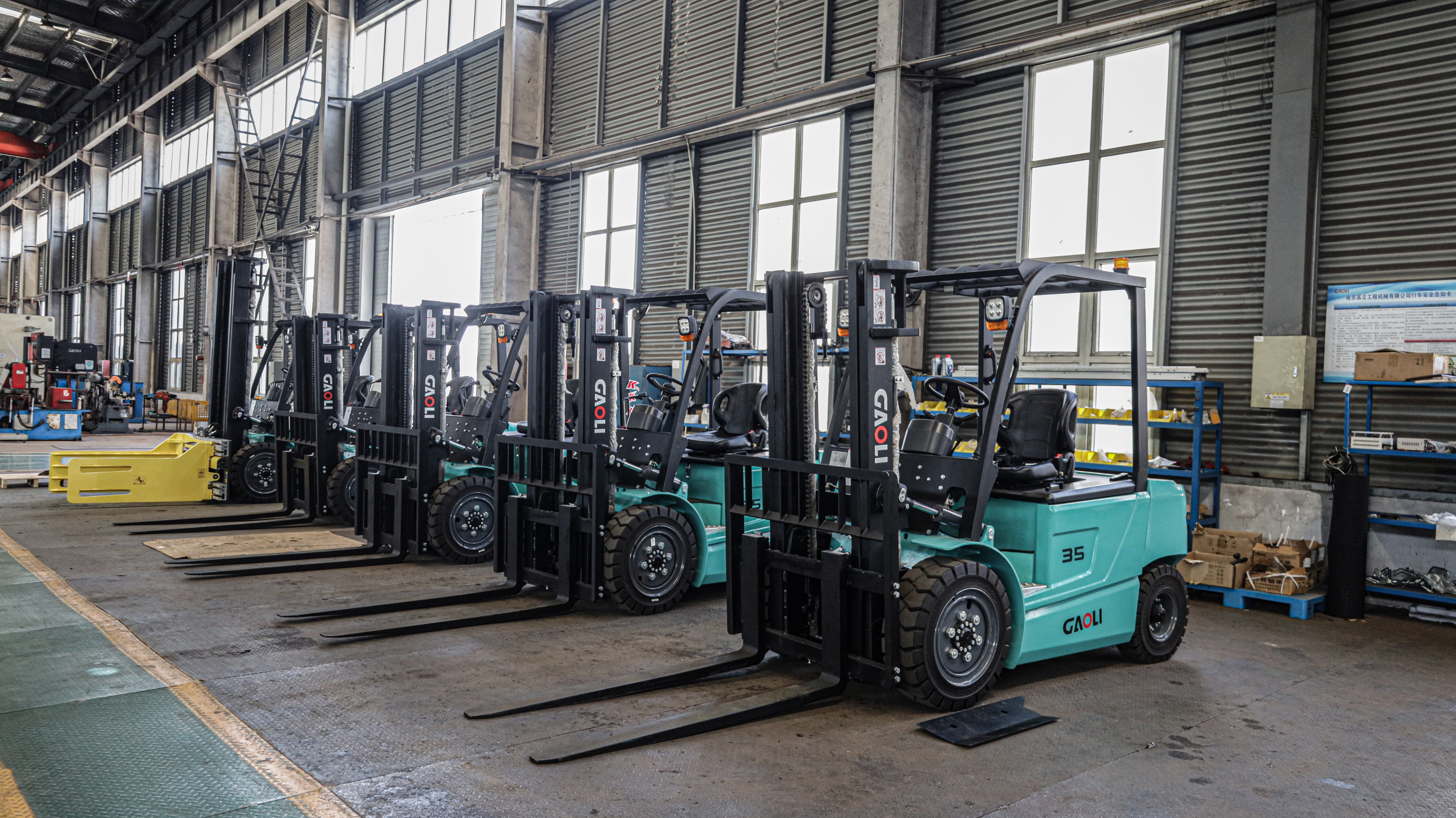fork truck types
Fork truck types are an indispensable component of modern material handling, designed to efficiently manage a variety of tasks. The main types include electric, diesel, and gas-powered trucks, each with distinct functions, technological features, and applications. Electric fork trucks, for instance, are ideal for indoor use thanks to their quiet operation and zero emissions. They come equipped with advanced battery technology that provides long-lasting performance. Diesel and gas-powered trucks are more suited for rugged outdoor environments due to their high lifting capacity and robustness. These fork trucks often boast features like automatic transmission and various safety systems. Their applications range from warehouses and distribution centers to construction sites and manufacturing plants, facilitating the movement of goods and materials with precision and speed.


